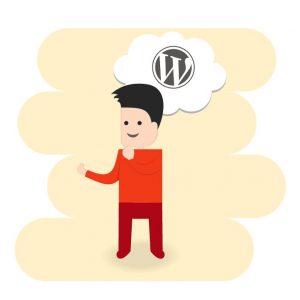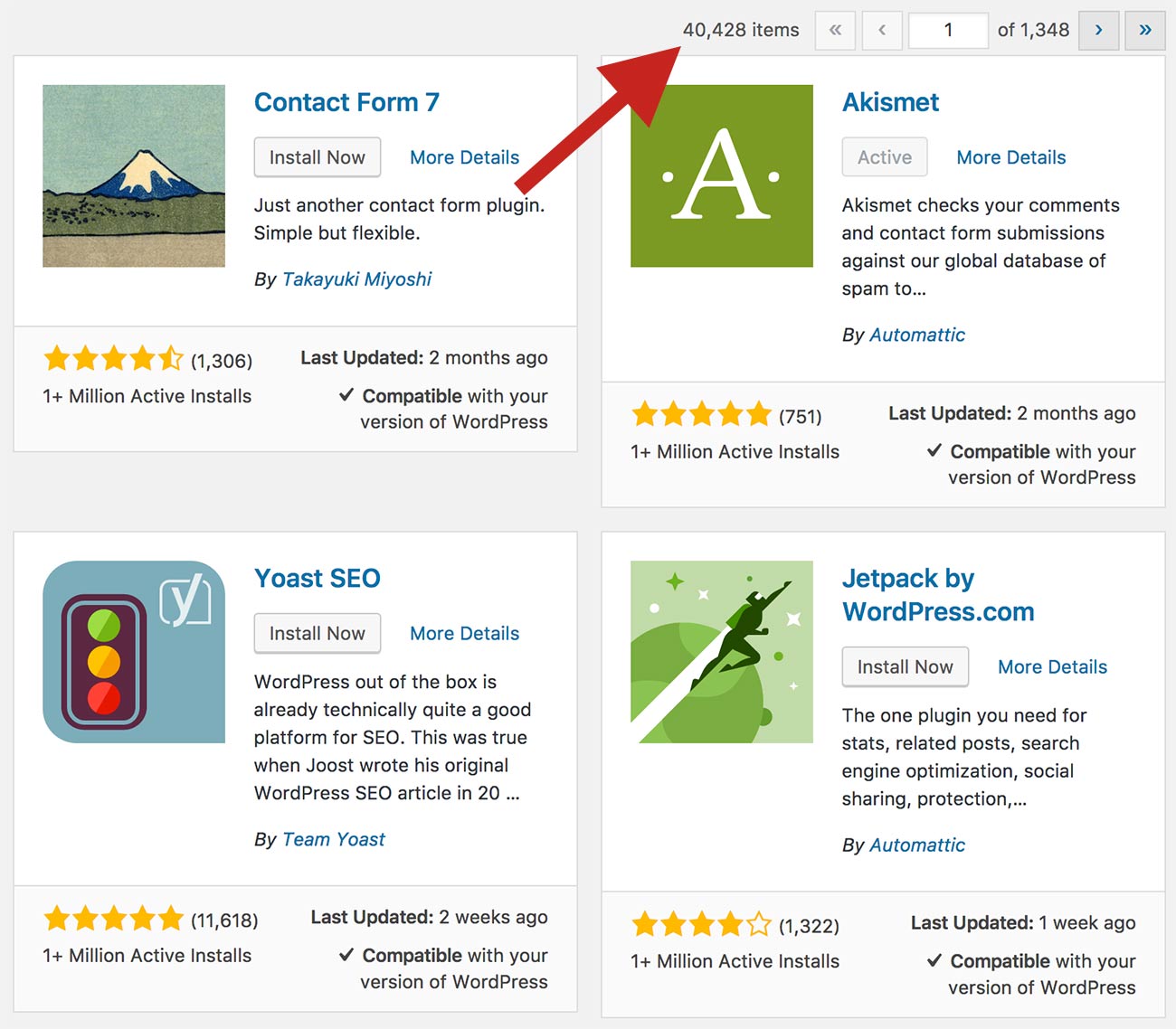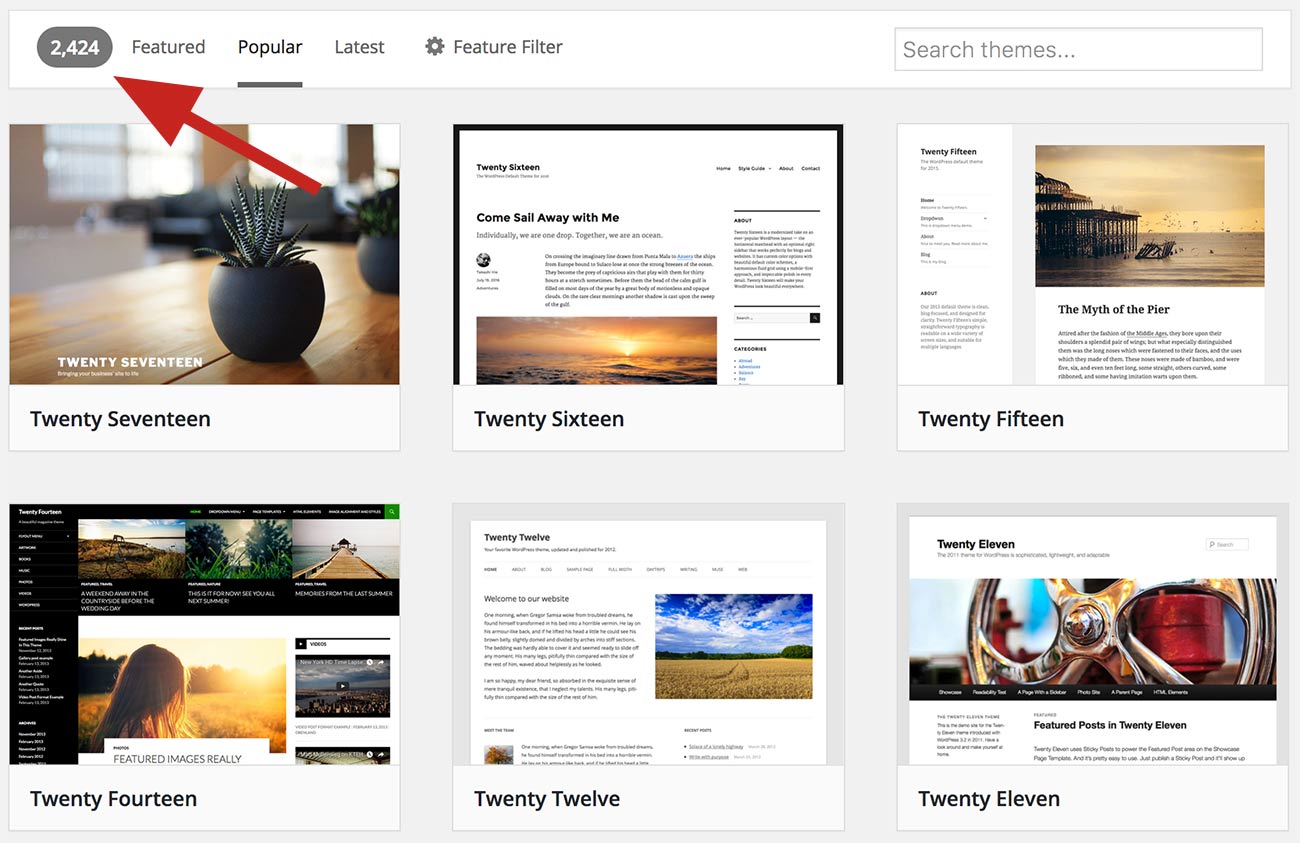 I am a huge fan of WordPress.
I am a huge fan of WordPress.
I've run my business on it for a decade, recommended it to thousands and feel eternally grateful for what it's allowed me to do.
But is it still the best option?
As you might have noticed, the blogging scene has changed a lot in the last five years.
There's free platforms like Tumblr and Medium that are now absolutely booming and doing things slightly differently.
Squarespace, the ultra-sexy hosting service (and podcast industry mega-patron!) is everywhere and is pretty awesome too.
Then there's the fact that a lot of people blog on social networking sites like Instagram and Facebook and that seems to be enough for them.
Today we're going to take a look at whether WordPress is still the best bet for bloggers and website owners who are just starting out.
As always, I'd love your comments below.
Every platform as it's own advantagesOne of the first things to note here is that each platform will have some features and advantages that are lacking in the other platforms.
When you're looking to start a blog or website it's important to note these features because one something that's important to you might be completely irrelevant to me.
For example, if you write a blog on LinkedIn you'll enjoy the fact that it's pretty easy for all of your contacts to see the articles that you write, and everyone who reads it will be pretty targeted to your niche. Try to integrate a product to sell or a mailing list, however, and you'll be pretty stuck.
So, when reading the rest of this article please note that the evaluations are made based on what I consider to be the most important features and options for running a successful blog.
So, what does WordPress have going for it?Let's start this little analysis by looking at some interesting facts and stats about WordPress so you have an idea of what we are working with.
It truly is the most popular platform in the world and for good reason. Here is why I still use and recommend WordPress for bloggers and online entrepreneurs of all levels.
Please keep in mind that I'm talking about a self-hosted WordPress blog here as opposed to the free version.
The main advantage that WordPress has always had over its competition is the seemingly unlimited ability to customize everything from the source code to the look at feel.

As you can see above, there are roughly 40,000 plugins available – each one giving you new abilities and functions on your blog – and it's all usually for free or a very small cost (compared to actually building the feature).
You might add a store, harden your security, add icons, generate opt-in forms, change your header design, improve your SEO… the list is endless.
And if you don't like the way a particular plugin works you can open up the code and tweak it yourself. Or you can pay someone to re-write the whole darn thing until it works exactly like you need it to. You can do this at the plugin level, or open up your server and change it from that level. You have complete control – something missing from many other platforms.

Now if we take that same idea over to the topic of themes/templates you'll see that the WordPress theme directory itself has over 2,000 themes in just the popular section alone – all of them free. There are thousands more available.
Then you can go premium and look at sites like Theme Forest which has around 9,000 premium themes designed by professional WordPress designers whose sole job is to design themes that function well.
People who say that places like Squarespace are better because they offer better support often overlook this fact. Sure, you can get support on the free WordPress forums, but you also have support from your theme designer and your WordPress host.
Once again, if you're not happy with the way your blog is looking you can open up the source code in five seconds and change colors, fonts, or engage a designer to help you re-work the whole thing.
For me, having a WordPress blog is all about owning your asset, controlling your future, and having complete freedom to tinker and tweak whatever you like.
On most other platforms (Medium, Tumblr, Squarespace, etc.) you are limited to their servers or their APIs and as such there is always going to be something that is limited. It might not be a big things, but when you're trying to run a business it might just be big enough to be a problem.
There's got to be some downsides, right?As was mentioned at the top of the post, every blogging host or platform has it's downsides. And, as seems to happen with WordPress, sometimes your big advantages can turn into weaknesses.
Security issues come with popularity
For example, as WordPress becomes more and more popular we see increased instances of security breaches. It makes sense – the more people using the platform the luckier the intruders can get by sheer statistical probability.
This issue is compounded by the fact that the open source nature of WordPress means that anyone can build a plugin and that plugin can either have bad intentions behind it, or just be coded in a way that leaves it vulnerable.
To avoid this, it's important to always use up to date plugins, make sure you read the reviews first, and follow basic security protocols on your blog to ensure it stays safe. And remember, WordPress is not less secure than anything else it is just a target because more people are using it improperly.
Lack of direct sources of traffic
One of the reasons Medium and Tumblr have been doing so well as new blogging platforms is that they have their own little ecosystems that feed your blog's traffic and chances of success.

For example, the front page of Medium has staff picks and popular items for the day, and you'll see recommendations from those in your social networks.
This means that content has a good chance of being seen and shared by someone without all of the blogging SEO work that we need on WordPress self hosted setups.
And here's one I found on the front page of Tumblr today that has had around 60,000 shares within the Tumblr network itself.
The way that these newer platforms have started to bridge the gap between "website" and "social network" is very interesting and I think it will be a trend that we see more of in the future.
This does not mean, however, that it's the best place to start a blog or website (especially if you want to make money with it) because you simply don't know if it'll be around in five years. Look at MySpace and Google+ and similar websites which everyone thought would be around forever. If you'd invested your time and effort into building a career there you may be in trouble.
So what's the verdict on WordPress?While some other blogging platforms have made some big inroads recently, I still can't imagine moving away from a self-hosted WordPress setup.
For me, it really comes down to the fact that WordPress offers you near unlimited options for configuration, design changes, feature development and expansion. You are never going to run out of room or power, and you're never boxed in to a different company's API or strictures.
And while a lot of people decry WordPress updates as annoying, what they really represent is constant improvements, security patches, feature additions, etc.
It is actually pretty amazing for something you essentially get for free.
If you want to build a blog that supports your family or perhaps is the basis of a business that allow you to work from home then I would 99 times out of 100 recommend a the WordPress and host combination for the sheer fact that it's changeable and you control it.
What do you think about WordPress?As always, I'd really love to know your opinions on how WordPress compares with the other platforms out there. I sometimes am a bit worried that I'm blinded to the features of the new players because I've been using this setup for such a long time, so please feel free to teach me a thing or two in the comments below.
Source: Is WordPress Still the Best?
No comments:
Post a Comment